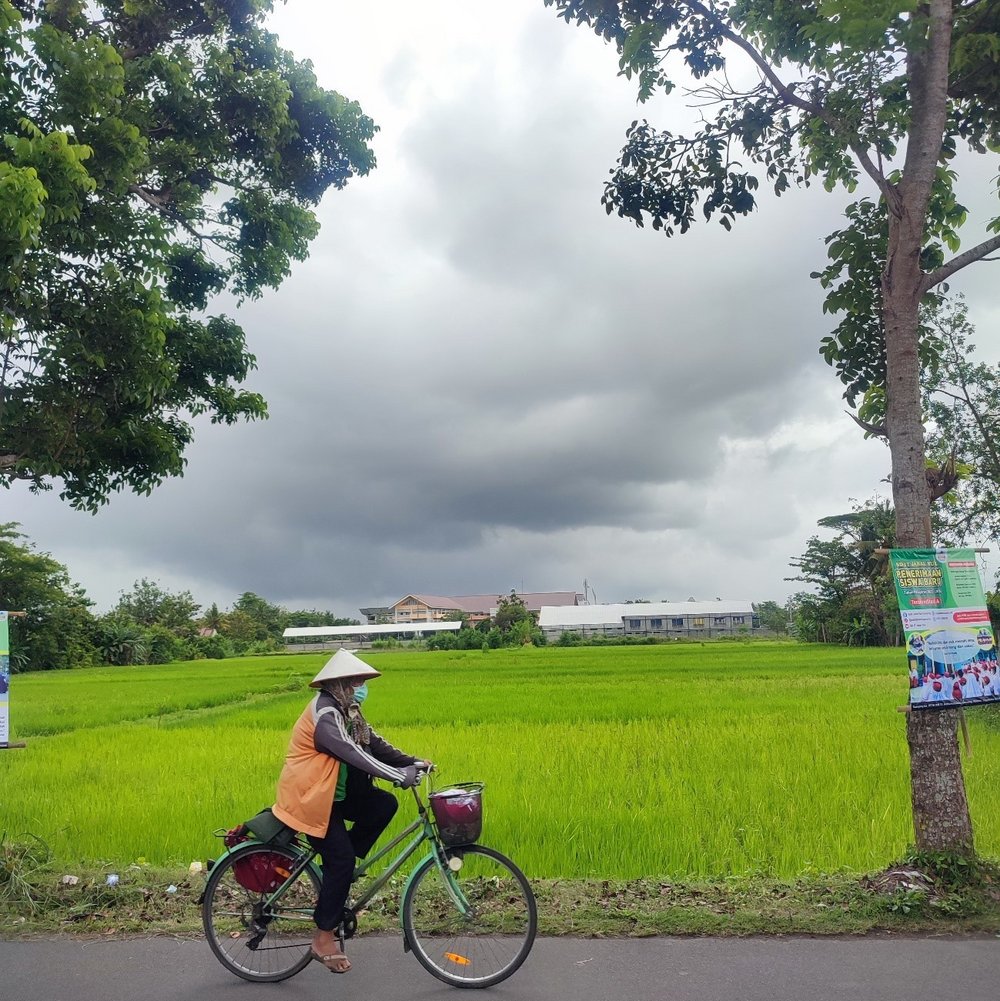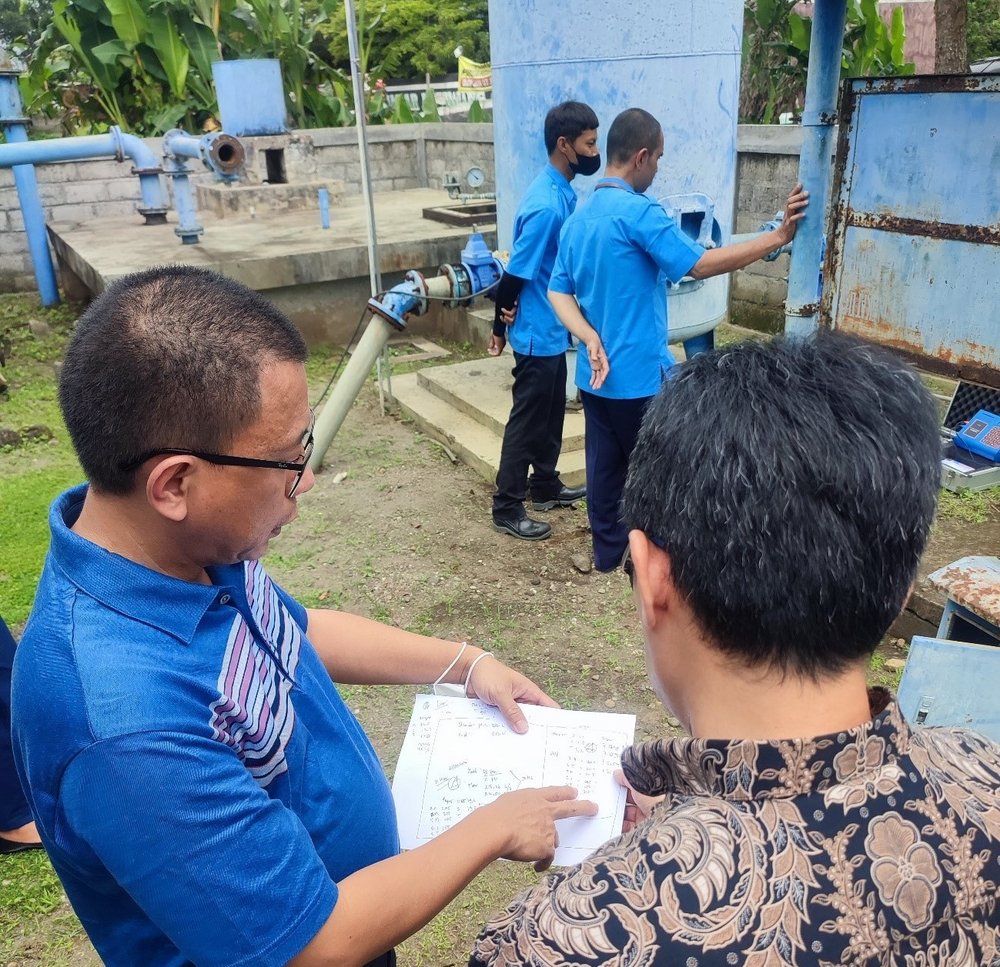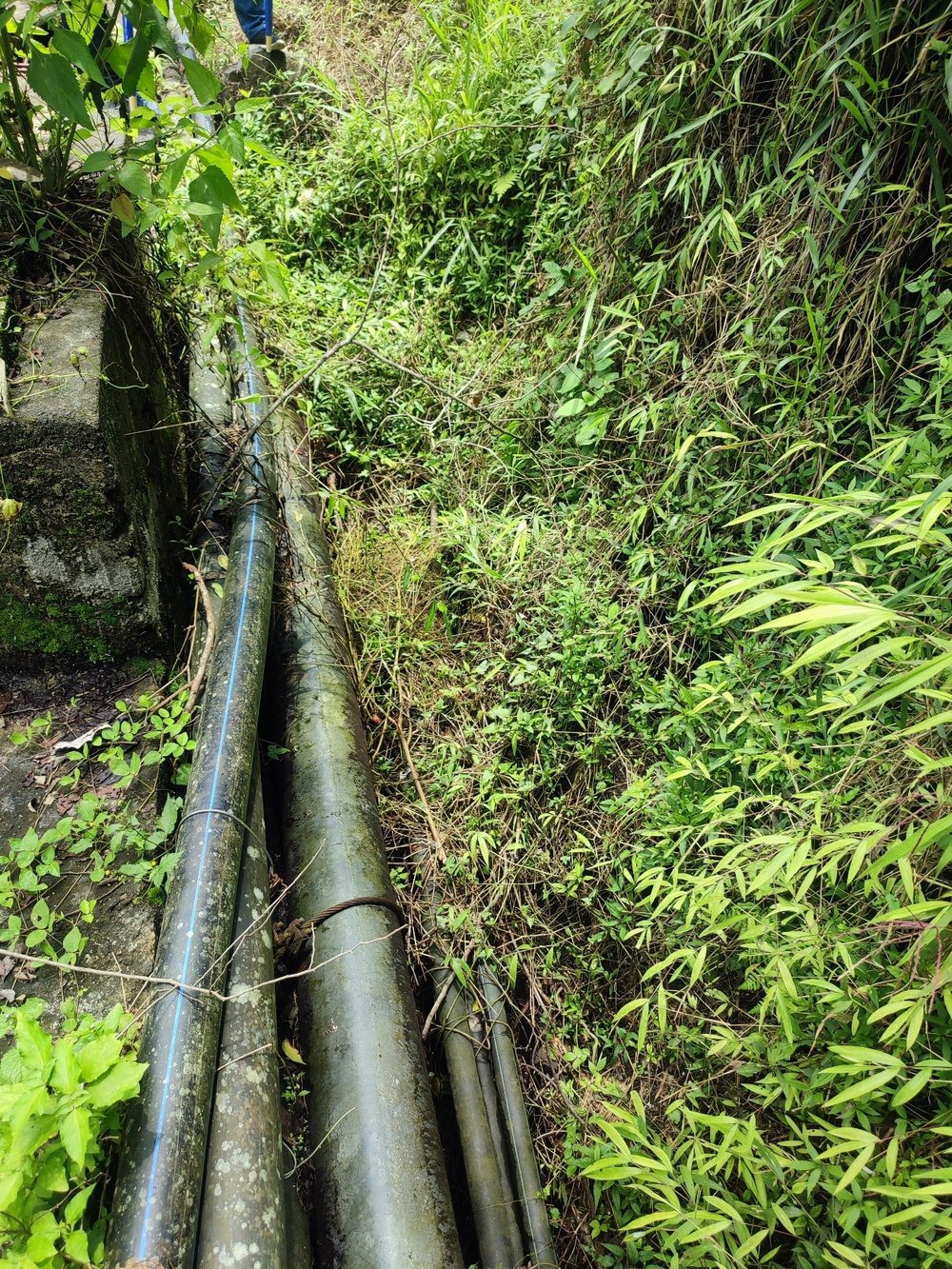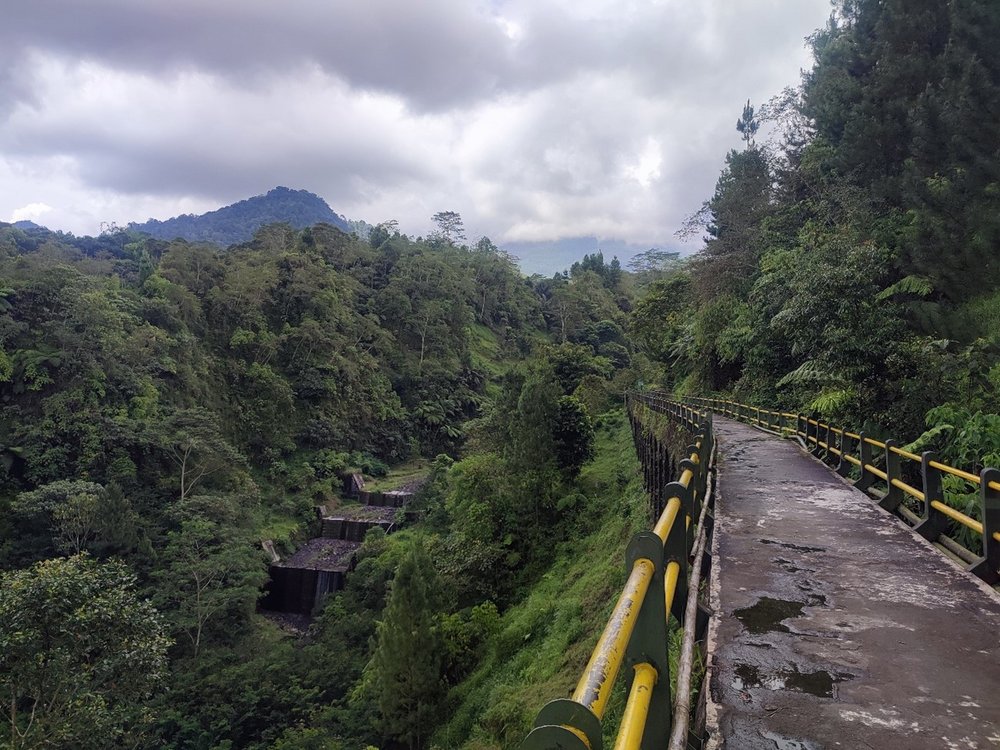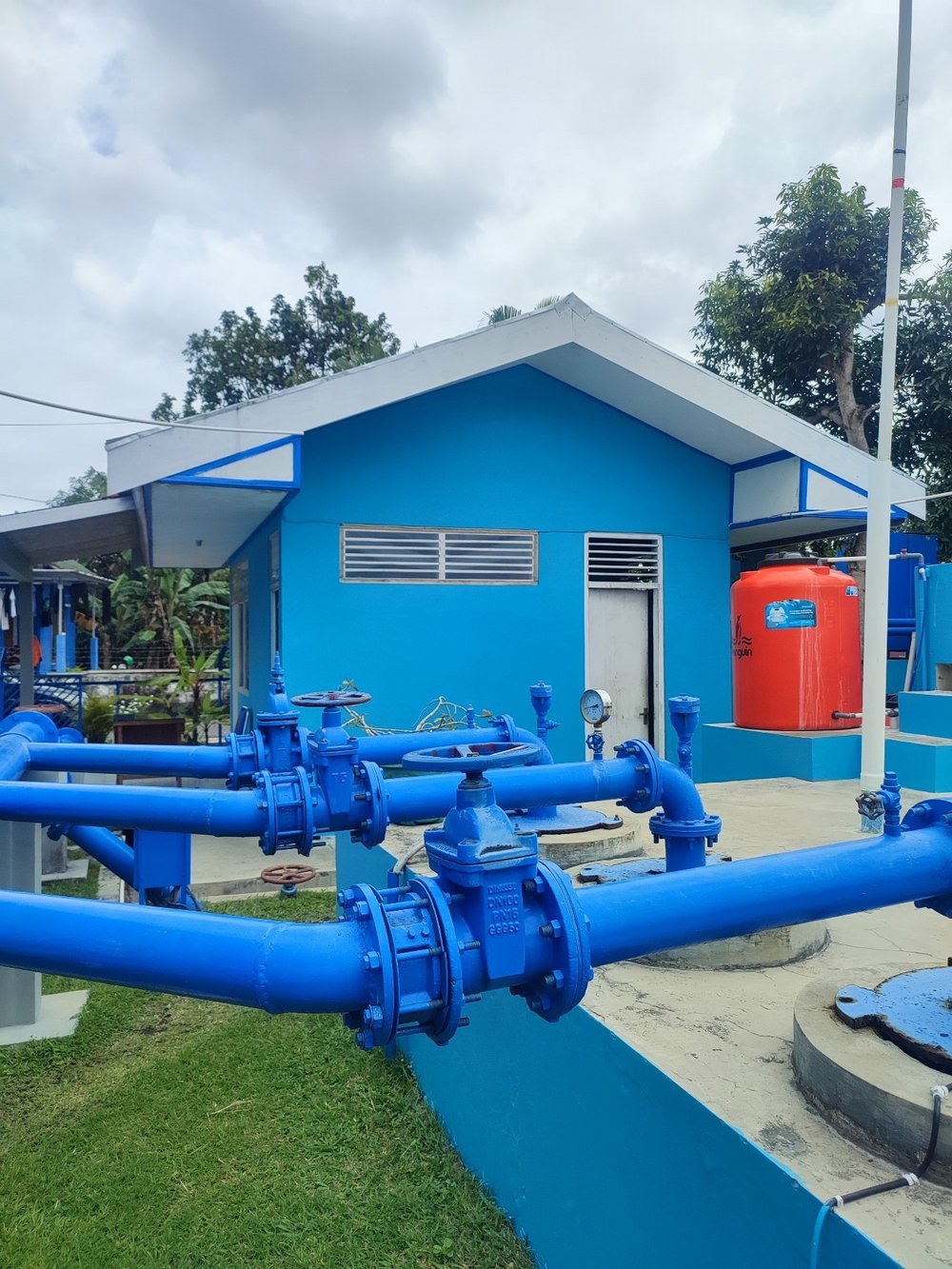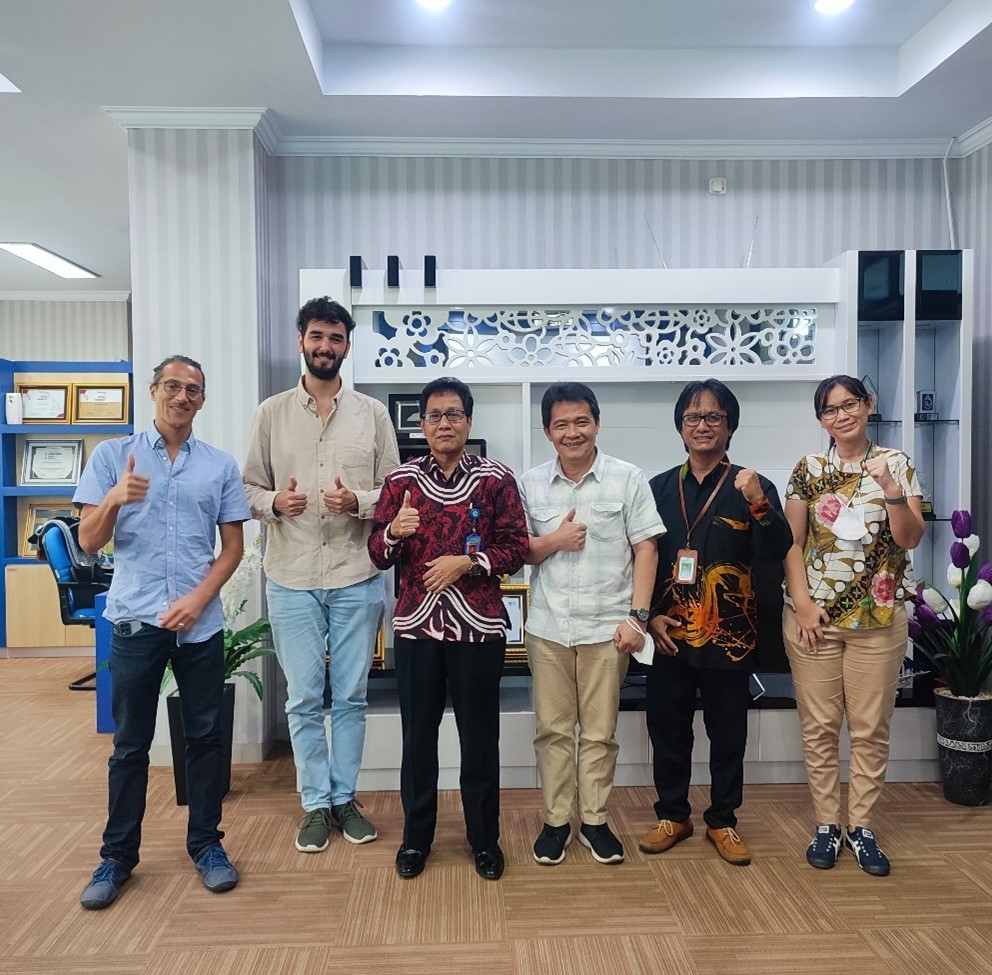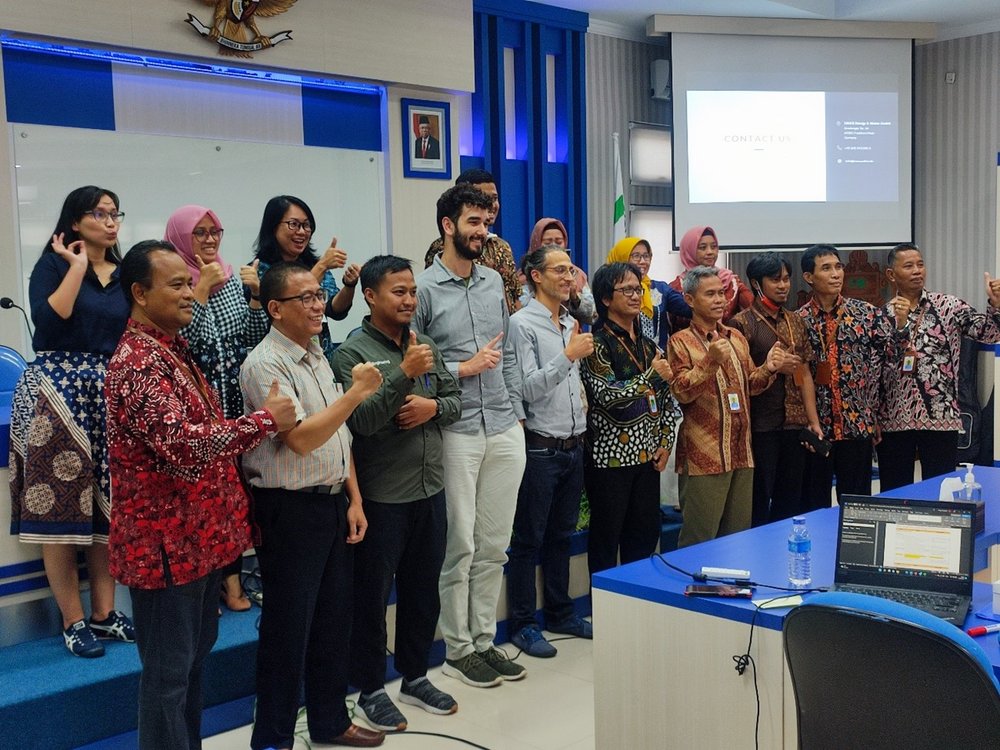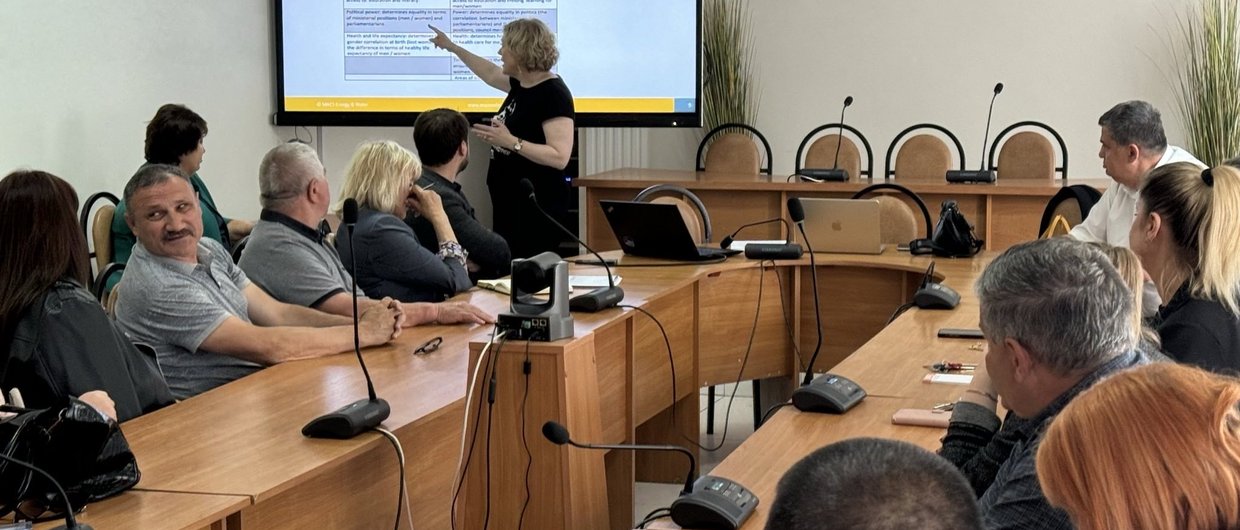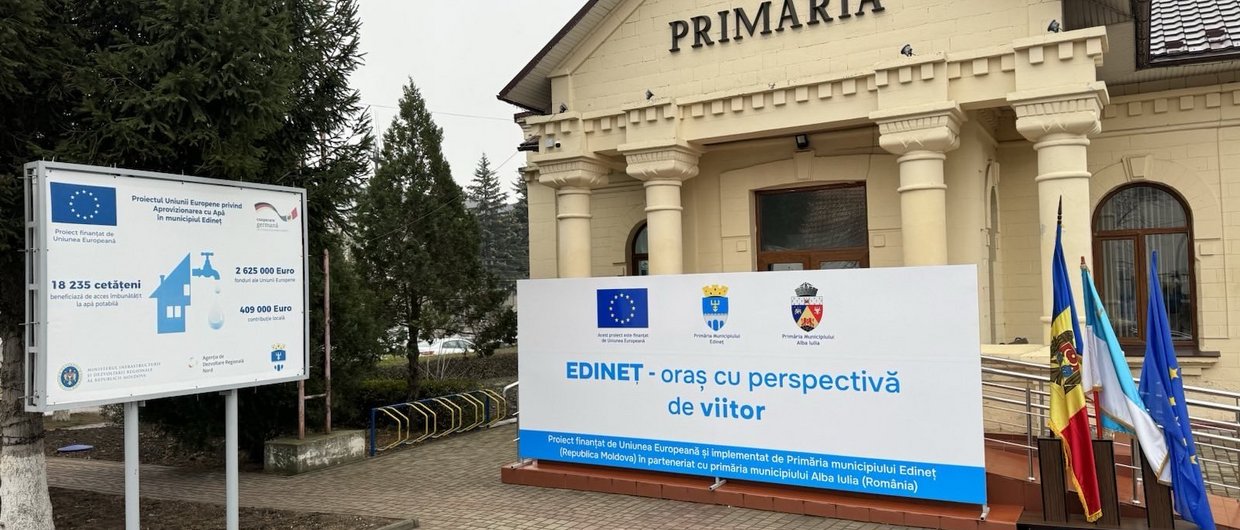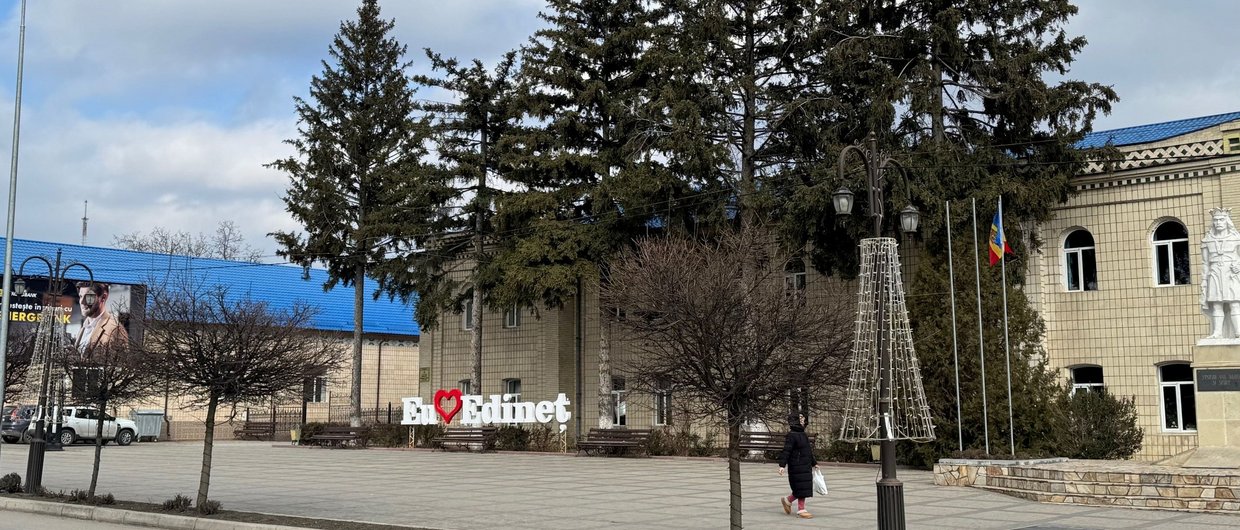In the framework of a Water.org assignment, we first did a utility selection process to define on which selected utility we would work with. Then, we assessed the climate resilience of this selected urban utility. Further, by conducting onsite mission and measurements, we gained a broad understanding of the utility's vulnerabilities and identified key opportunities for improvement. This in-depth exploration enabled us to design effective strategies that enhance the utility's resilience, safeguard its services, and protect the communities it serves. Finally, through close collaboration with Water.org and the selected utility, we conducted a comprehensive assessment covering both climate mitigation and adaptation strategies, drawing on our expertise to deliver tangible results.
To address these issues, Water.org, an NGO that aims to provide access to safe water and sanitation to communities around the world, sponsored this innovative project to assess the climate resilience and mitigation capabilities of an urban water utility in Indonesia. This project is crucial in paving the way for a sustainable and resilient future, and MACS took its importance very seriously when developing the project. Our main objective was to enhance the resilience of the selected urban water system. By evaluating the climate resilience and mitigation capabilities of the selected utility, we could identify areas of improvement and propose targeted interventions. This comprehensive approach allowed us to develop strategies that enhance the utility's ability to withstand climate-related challenges.
